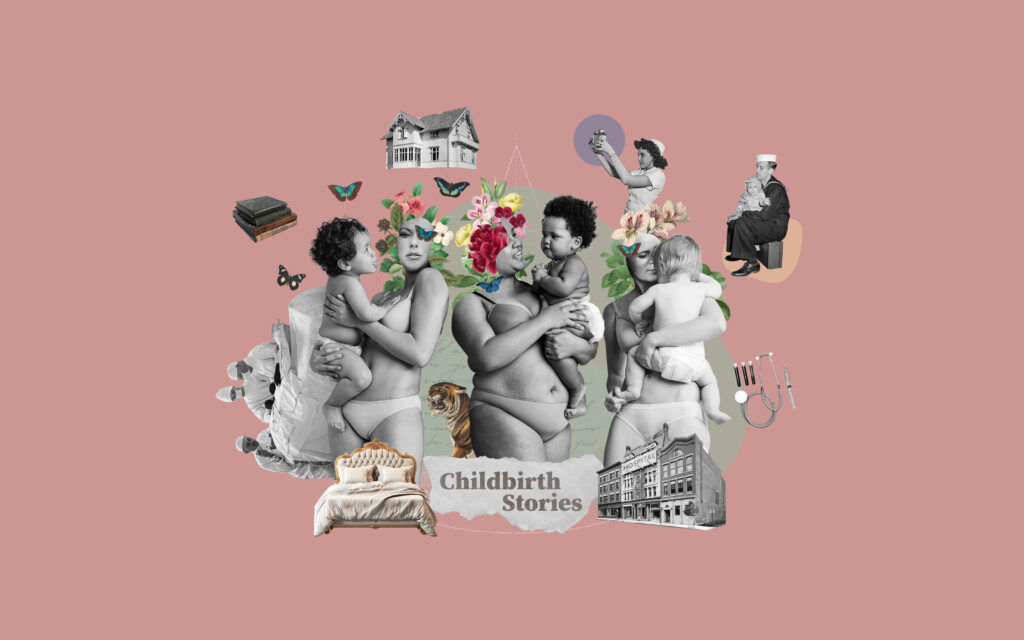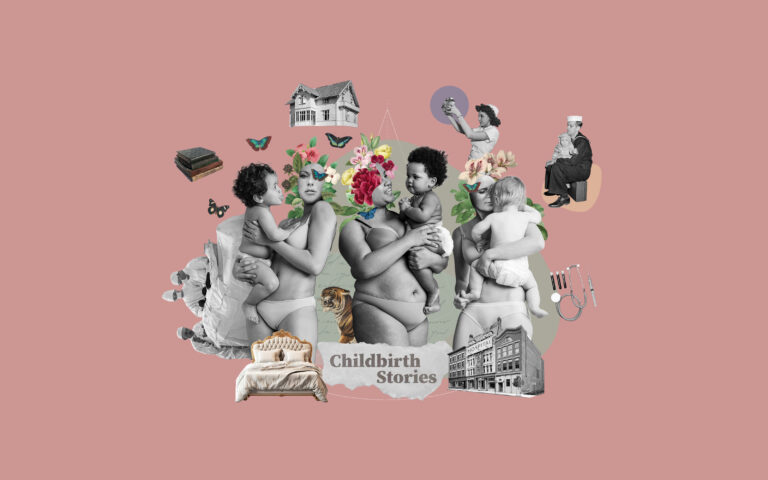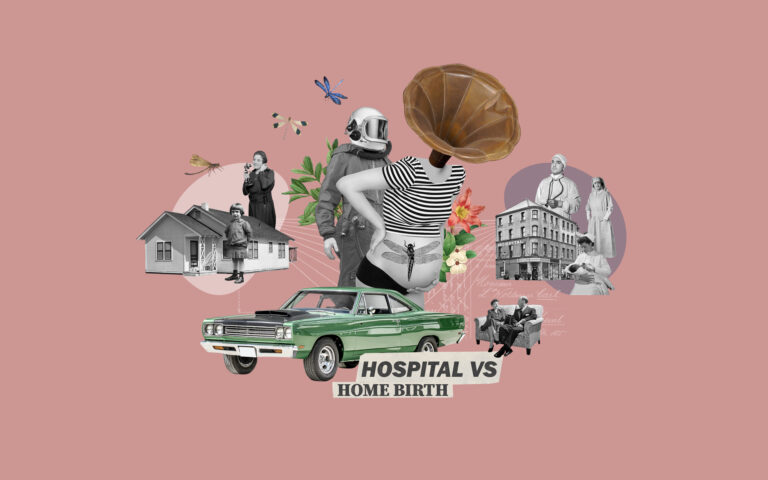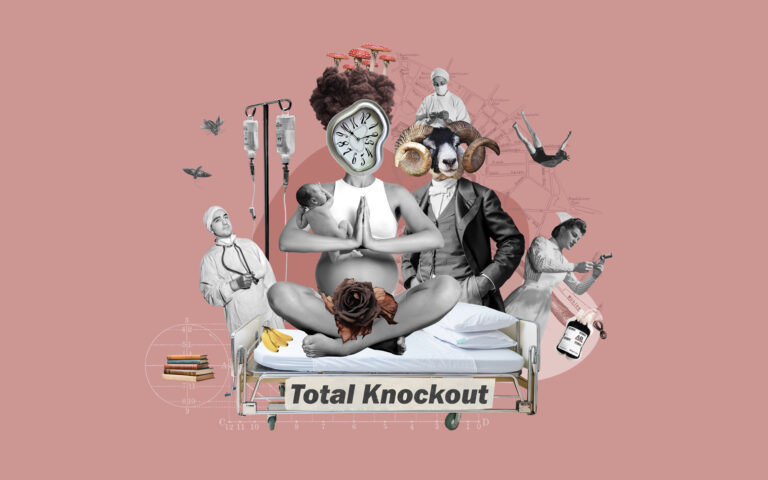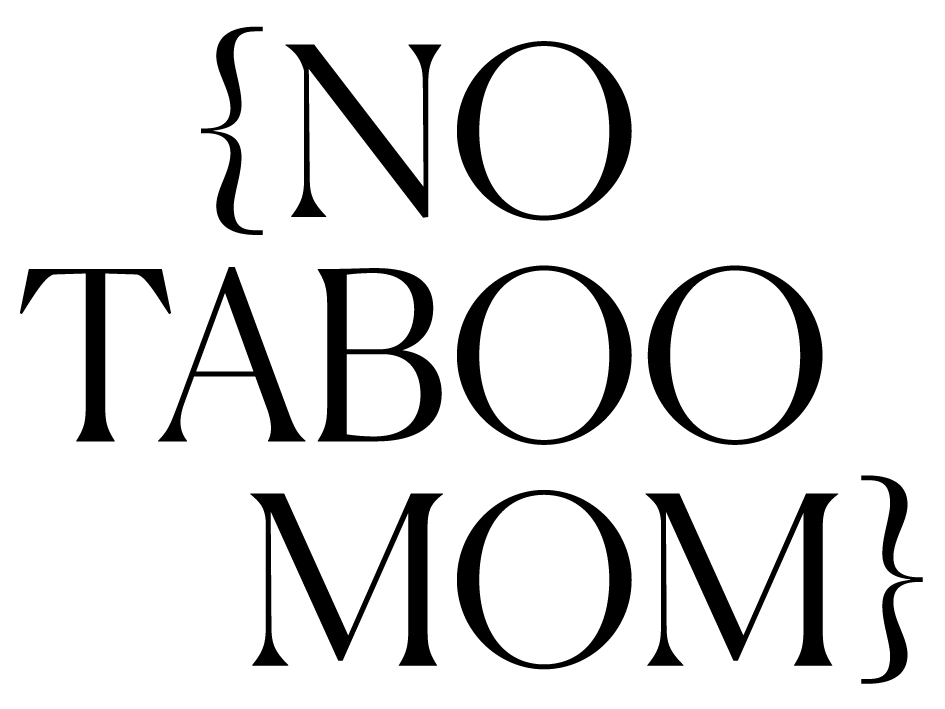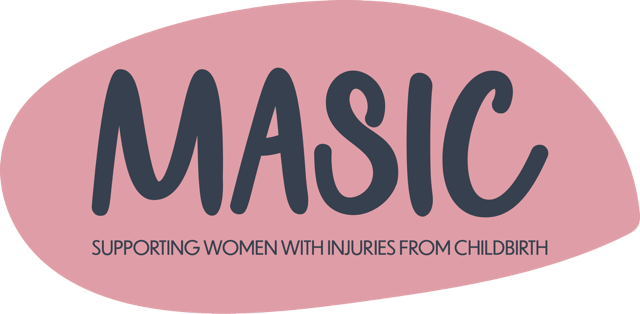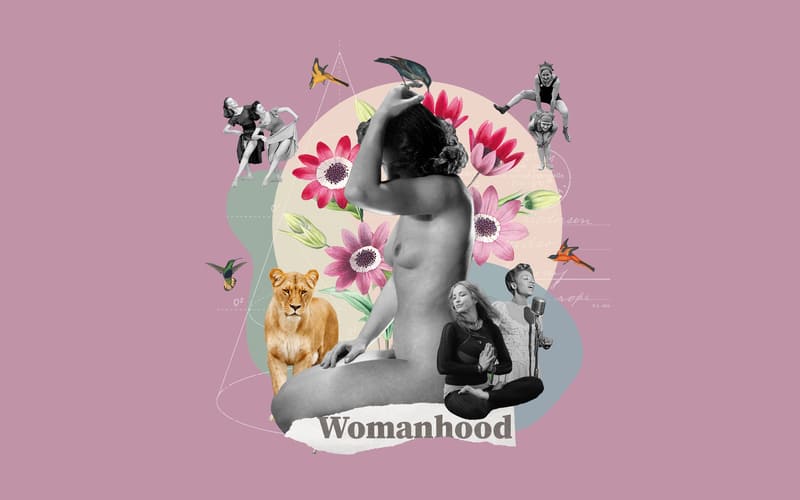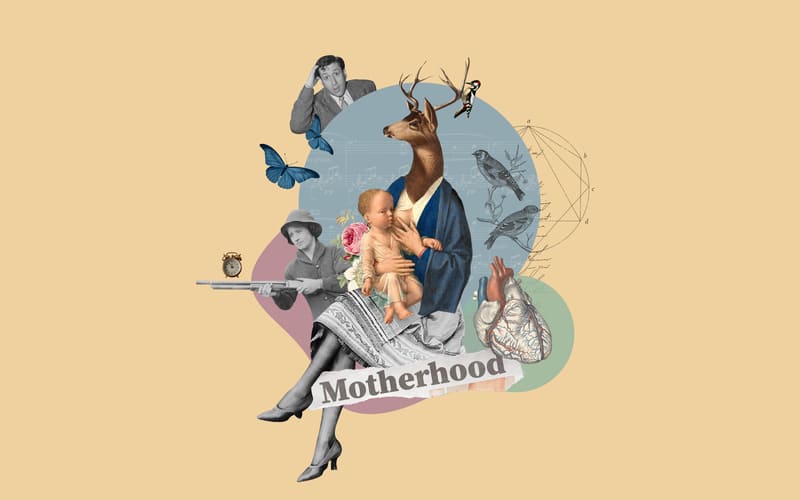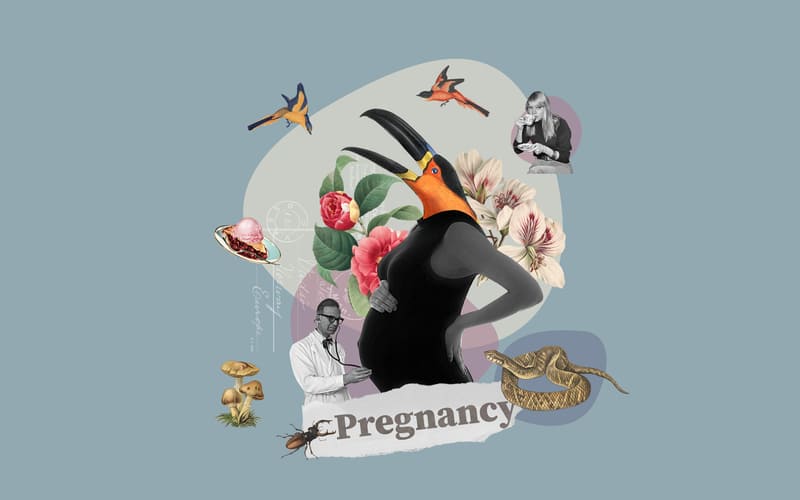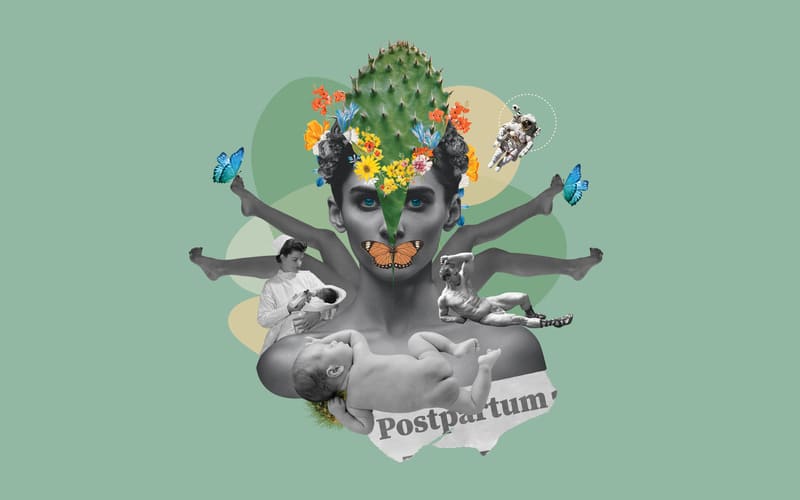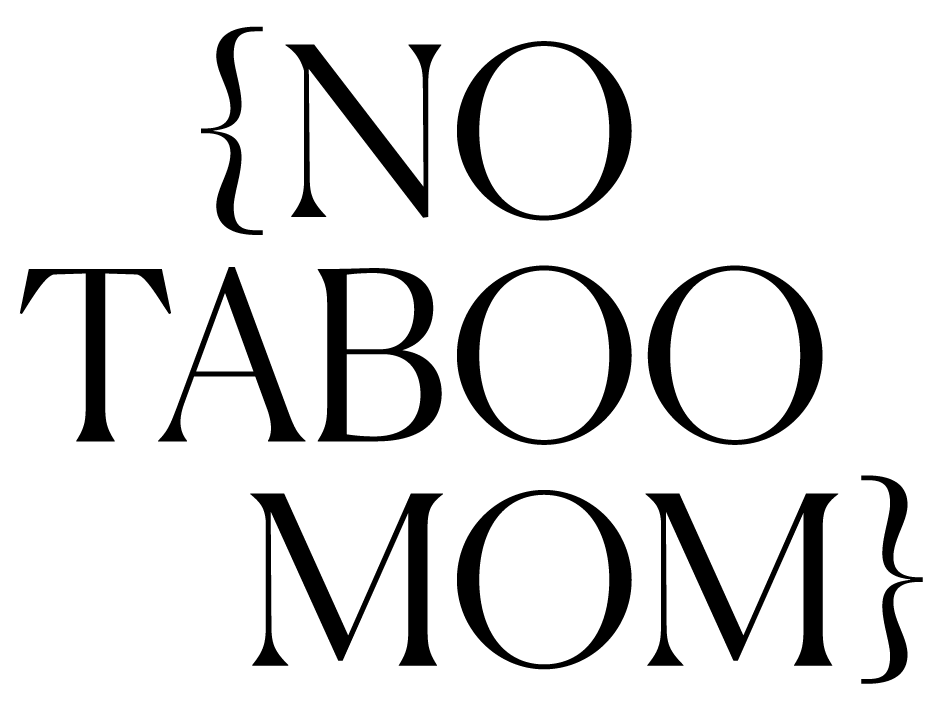Every childbirth experience is unique. Just as no two women are alike, every pregnancy, labor, and delivery unfolds in its own way, whether it’s the first child or the second. Regardless of whether a woman gives birth vaginally or by cesarean section, childbirth remains an event unlike any other—a deeply personal experience beyond comparison. Describing it fully can be challenging because each journey is as individual as the woman experiencing it.
So, how can we even begin to capture what it’s like to give birth? Perhaps the best way is to listen to other women’s stories, each one shedding light on a different side of the experience. And yet, even after reading many birth stories, we’re often left with the same conclusion: every birth is unique—and mine will be, too. Certainly, we can prepare for childbirth to some degree, but we can never fully predict how the experience will unfold. Embracing this unpredictability might help to ease the pressure that so many parents feel to have a “perfect” birth story, especially if labor takes unexpected turns.

The Unpredictable Nature of Childbirth
It’s completely natural for first-time parents to feel concerned about childbirth. Labor and birth are unpredictable, which can feel overwhelming. I my case, I truly believed I was prepared because I had read so many books about labor and parenthood, completed HypnoBirthing and childbirth courses, and took good care of my mental and physical health. I also had a carefully thought-out birth plan. Yet, despite all this preparation, nothing went as I had envisioned. My birth experience was traumatic, which led me to explore the truth behind birth experiences, seeking to better understand the diverse realities of childbirth and why they can vary so greatly.
There are so many things I wish I had known before giving birth. Reflecting back, I realize that many resources for mothers-to-be are filled with misconceptions and overly idealized representations. The books I read often generalized the childbirth process, providing little guidance for navigating the uncertainties and emotional challenges of the experience. Few sources discussed crucial topics like tuning into your inner voice, the importance of feeling safe, or the complex mental and physical struggles that can accompany the postpartum period.
In my experience, trusting your body is one of the most powerful aspects of childbirth. Our bodies often know what to do, instinctively guiding us when to push, when to pause, and when to ask for help if the experience becomes overwhelming. However, trusting those instincts isn’t always easy. The intense pain of contractions, the flood of emotions, the fear, and the complete loss of control can make it difficult to listen to our bodies’ signals. In addition, our internal compass is often drowned out by medical practitioners who, whether due to tight schedules or a lack of attentiveness, may not fully listen to or prioritize the needs of the birthing person in the moment.
This is why it’s so important to reflect on our mental state throughout labor, to allow ourselves to feel whatever emotions arise, whether they’re positive or challenging. By doing so, we create space to make the best possible choices for ourselves and to have the best possible experience, whatever that may look like.
I also believe that the way we talk and think about childbirth needs to evolve. Change won’t happen overnight, but shifting our language is a start. I still encounter people using the term “natural childbirth” to refer solely to vaginal births, yet childbirth is always natural—no matter how it unfolds. A friend of mine recently had a cesarean birth and was told it was an “easy way out.” Although I experienced a vaginal delivery, I can’t imagine calling the physical and emotional toll of a cesarean “easy.” In fact, childbirth is both a miraculous and challenging journey. Reducing it to simplistic terms or downplaying the experience is a disservice to the strength and resilience of those who go through it.

The Positive and Negative Faces of Childbirth?
For some women, the experience of childbirth is empowering and transformative, leaving them with a sense of profound inner strength. For others, it can be deeply distressing—sometimes even traumatic. There are also parents who don’t attach great significance to the act of giving birth or prefer not to discuss it at all. Many women I’ve spoken with admitted that childbirth made them feel like superwomen, revealing strength they hadn’t known they possessed. They were amazed by how much their bodies and minds could endure in the name of love. This intense, all-encompassing experience left these women with a sense of power and control over their lives and destinies.
Unfortunately, this is not every woman’s reality. For some, childbirth is a challenging or even terrifying experience. The 2018 study on traumatic childbirth experiences found that up to 45% of new mothers report experiencing birth trauma, underscoring the profound impact such events can have on maternal mental health.1 However, the experience of childbirth is shaped by a wide range of factors, including physical and mental health, age, cultural background, and social or economic circumstances. For some women, childbirth takes place in safe, supportive environments, while others are forced to give birth in harsh or inhumane conditions. Some choose hospitals, while others opt for the intimacy of a home birth or birthing center. Tragically, many have no control over these choices at all. For example, the COVID-19 pandemic added further challenges to childbirth experiences. A study published by the University of Cambridge revealed that 47% of parents in England reported negative experiences during the pandemic, often due to a loss of choice, control, and clear communication from healthcare providers. 2
Another significant influence on the birth experience is the people who accompany us during labor and delivery. This includes not only our partners but also family members, friends, doctors, and midwives. I’ve often encountered stories of mothers feeling desensitized or treated with a lack of compassion by medical professionals, despite the deeply personal, intimate nature of giving birth.
If there’s one thing we can all agree on, it’s that labor and contractions hurt—often intensely. While some women manage the pain through breathing techniques, meditation, or HypnoBirthing, others are caught off guard by the severity of the pain despite months of preparation for a “smooth birth.”

It’s Time to Break the Taboo
While we may not have full control over every aspect of childbirth, we can take steps to break the silence around this complex and deeply personal topic. Open and honest conversations help women better understand the true nature of childbirth and the emotional spectrum that comes with it. By sharing real experiences, we can illuminate the diversity of birth stories and honor the fact that childbirth is unique for every individual. Naomi Wolf, in her book Misconceptions, captures the importance of this truth-telling: “Not only are we inadequately informed about what pregnancy, birth, and new motherhood really involve, we also lack the freedom to describe what we have seen for ourselves along the way. For complex cultural and personal reasons we are expected to keep the full range of our feelings and discoveries to ourselves.” 2
Can we truly capture what it’s like to give birth? Perhaps not fully, and certainly not in any way that can be generalized. At No Taboo Mom, we believe that the best way to understand the diverse experiences of childbirth is through storytelling. That’s why we’re creating a collection of birth stories from women of all ages, backgrounds, and cultures. By sharing these stories, we hope to offer new perspectives, challenge common misconceptions, and remind each reader that there is no “right” way to experience birth.
We warmly invite you, dear readers, to share your own birth stories with us—whether they mirror those we’ve published or bring new dimensions to our understanding. No Taboo Mom is a safe and supportive space where women can share their stories in their own words. We welcome both named and anonymous submissions, ensuring that every voice feels comfortable and respected. If writing feels daunting, we’re here to help you express your story just as you want it told. And if your story comes in another language, we’re happy to assist with translation to reach as many women as possible.
If you’ve ever felt, “Why didn’t anyone tell me this?” or have thoughts you wish to share about childbirth, this is your space. Whatever your experience, whatever your journey, your story deserves to be heard.
Join us in breaking the silence around childbirth. Share your story with No Taboo Mom, and help build a community of voices, experiences, and truths.
Read our childbirth stories:
Childbirth Stories – My journey from hospital to home birth
Julia is a psychiatric nurse, teacher, and mother of two girls. After working in the German healthcare system for several years, she became acutely aware of its inefficiencies, particularly regarding women’s health. Julia always believed she would prefer the comfort of giving birth at home rather than in a hospital. In her story, she shares her experiences of her first hospital birth and her second birth at home with her family. Julia’s narrative is a heartfelt account of difficult decisions, raw emotions, incredible strength, determination, and great courage that deeply moved us.
Childbirth Stories – From loss of control to total knockout
During her pregnancy, Ewa actively prepared for childbirth through HypnoBirthing, yoga, and meditation. She maintained a healthy lifestyle, read numerous books for expectant mothers, and followed her doctors’ advice, trusting that her health was in good hands. Ewa thought she had everything under control—until her first strong contraction, followed by aggressive vomiting, struck at the Berliner Hospital. Overwhelmed by fear, panic, and distress, she endured a traumatic childbirth experience that resulted in a severe postpartum injury and postpartum depression. This is a story of medical errors, a challenging road to recovery, and an indomitable fighting spirit.
References :
- https://www.ncbi.nlm.nih.gov/pmc/articles/PMC6193358/
- Women in England had predominantly negative experiences of childbirth during pandemic in 2020, survey finds
- Wolf, Naomi. Misconceptions. Truths, lies and the unexpected on the journey to motherhood.
Vintage 2002. P. 2
Further reading :
-
- What Is It Like to Give Birth?
- What No One Tells You About Labor And Delivery
- The Impact of Choice and Control on Women’s Childbirth Experiences
- Birth experience in women with low, intermediate or high levels of fear. Findings from the First Baby Study
- Stages of labor and birth: Baby, it’s time!
- I’m scared of giving birth. Can I opt for a caesarean section?
Did you like this article?

Meet the Author
Ewa Gillen, co-founder of No Taboo Mom, is a Polish Berliner, creative professional, wife, and mom whose journey into motherhood turned everything around. She holds a Master’s degree in Creative Industries, and having studied, lived, and worked in Poland, Germany, Canada, Australia, and Spain, Ewa brings a rich cultural perspective to her work. As the founder of Gillen Design, she has worked as an Independent Creative Professional for nearly a decade, blending her expertise in design with her passion for meaningful storytelling. “No Taboo Mom is more than a platform—it’s a movement to inspire change through real, open conversations. I believe that by sharing our truths, we create a stronger, more compassionate world for ourselves and the next generation.”

